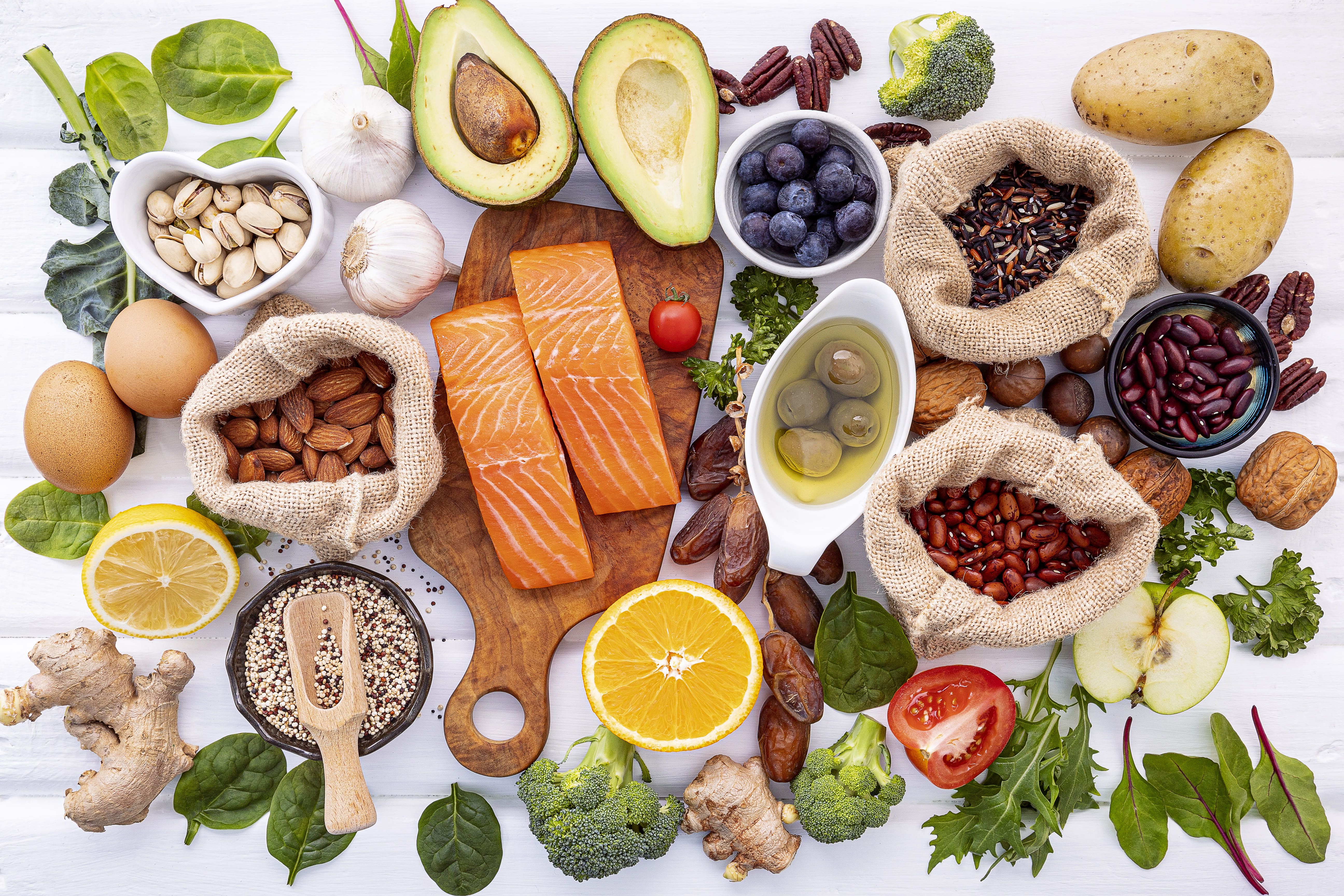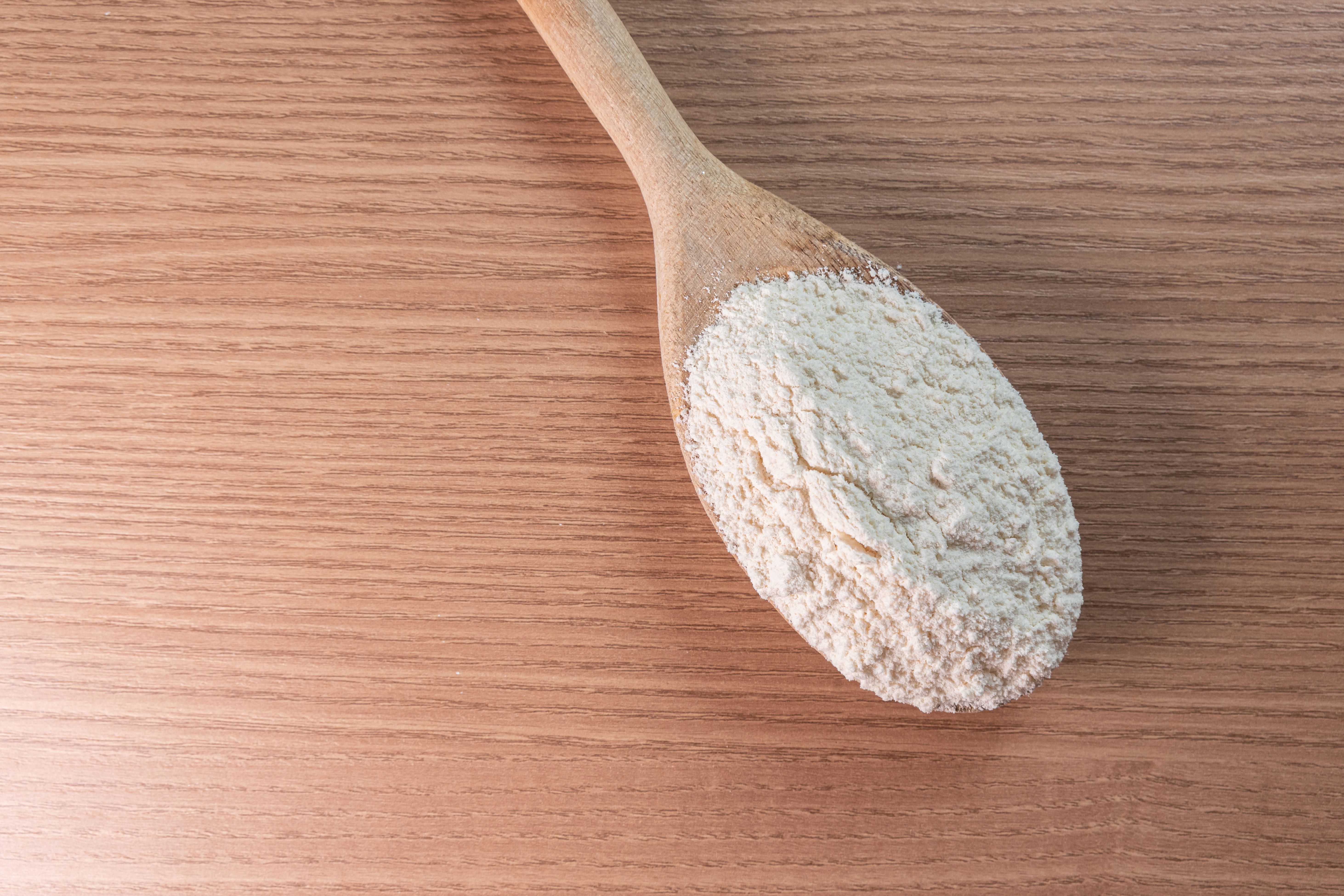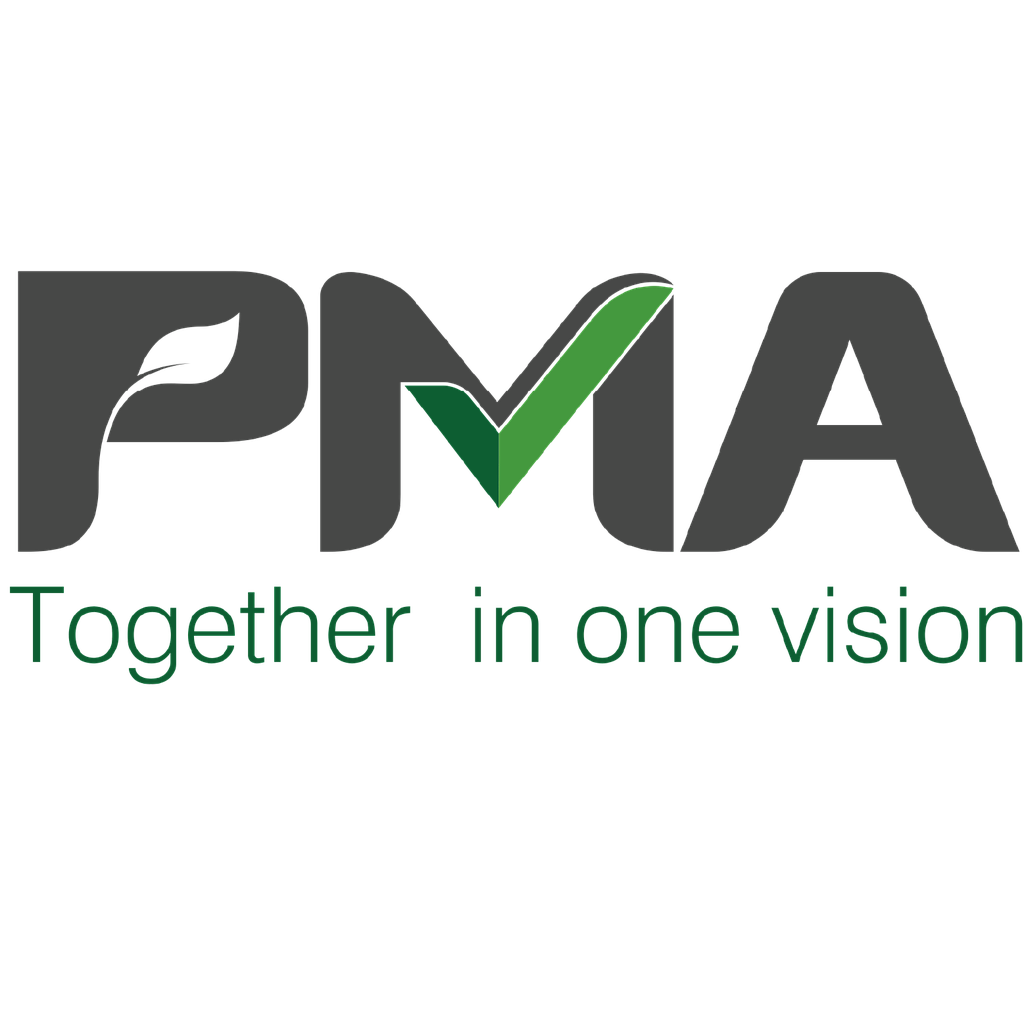
Vitamins
Supplementing animal diets with vitamins is fundamental to farming since they have positive effects on health, growth and reproduction. Vitamins play an essential role in managing internal cellular stress, the immune system and overall animal health. However, storage conditions such as temperature, humidity and oxygen may degrade vitamins. Additionally, mixing other additives such as chloride salts or other minerals can negatively affect vitamin stability through oxidation. With our understanding of these factors, we are capable of providing the highest quality vitamins for your animal feed.

Macro Minerals
Minerals are essential to animal life. They can be classified as macro elements such as calcium (Ca), magnesium (Mg), sodium (Na) and potassium (K) in the form of salts like chloride, phosphorus and sulfur. These elements have various biological functions depending on the nature of the mineral. They help build the skeletal structure and play a key role in maintaining the osmotic pressure of the animal body. Sufficient supplementation of minerals is of paramount importance to ensure a healthy life for animals.

Trace Minerals
On the other hand, trace elements such as iron (Fe), zinc (Zn), manganese (Mn), copper (Cu), iodine (I) and selenium (Se) are present in minute quantities but play an integral role in an animal's health. Iron, for example, is a crucial component of respiratory pigments such as hemoglobin and myoglobin, while a deficiency in manganese may cause the nutritional disease of slipped tendon in poultry. A healthy diet should contain adequate quantities of both macro and micro minerals to ensure the optimal health of livestock.
